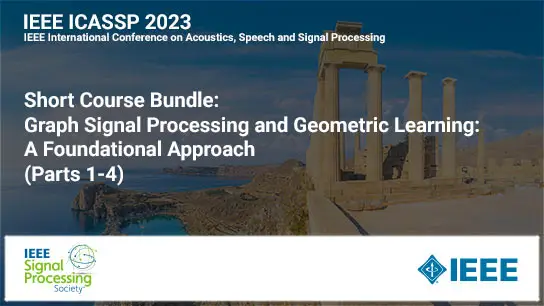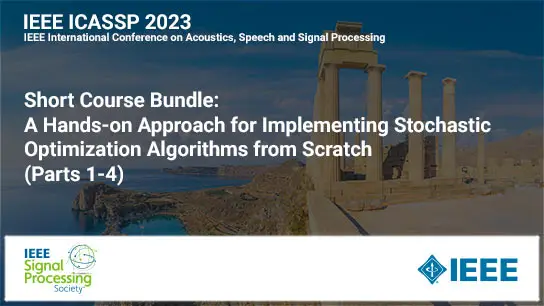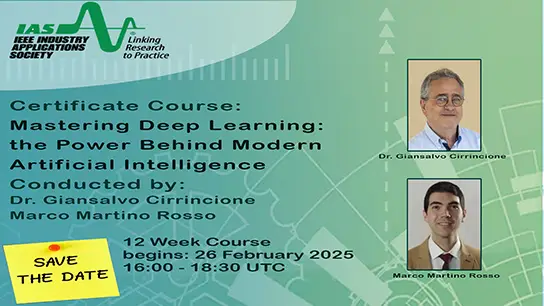HOLISTIC SEMI-SUPERVISED APPROACHES FOR EEG REPRESENTATION LEARNING
Guangyi Zhang, Ali Etemad
-
Members: FreeSPS
IEEE Members: $11.00
Non-members: $15.00Length: 00:07:58
10 May 2022
Recently, supervised methods, which often require substantial amounts of class labels, have achieved promising results for EEG representation learning. However, labeling EEG data is a challenging task. More recently, holistic semi-supervised learning approaches, which only require few output labels, have shown promising results in the field of computer vision. These methods, however, have not yet been adapted for EEG learning. In this paper, we adapt three state-of-the-art holistic semi-supervised approaches, namely MixMatch, FixMatch, and AdaMatch, as well as five classical semi-supervised methods for EEG learning. We perform rigorous experiments with all 8 methods on two public EEG-based emotion recognition datasets, namely SEED and SEED-IV. The experiments with different amounts of limited labeled samples show that the holistic approaches achieve strong results even when only 1 labeled sample is used per class. Further experiments show that in most cases, AdaMatch is the most effective method, followed by MixMatch and FixMatch.



